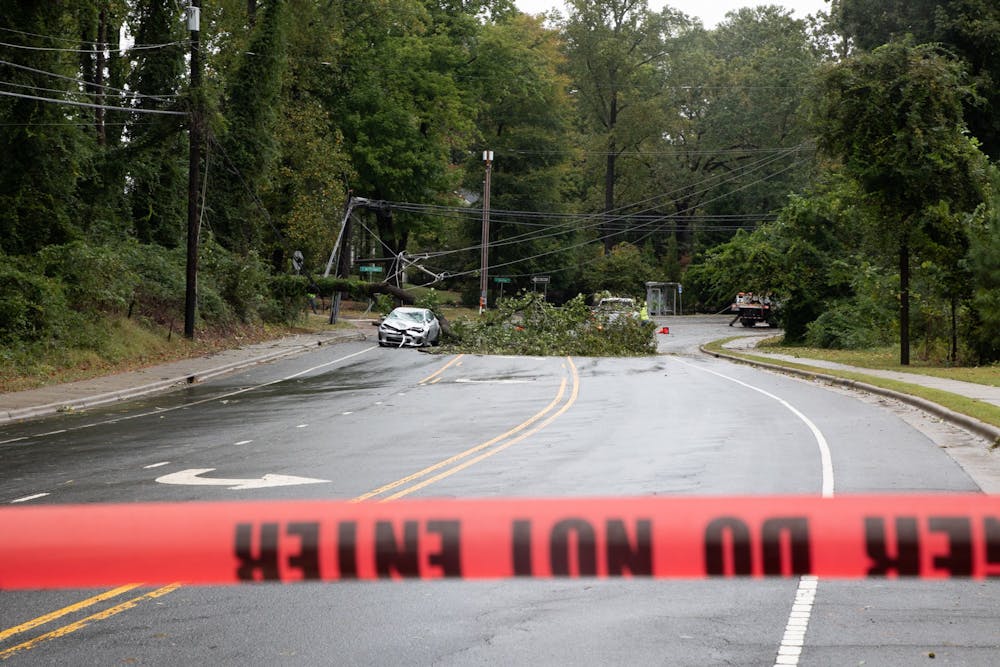In 2022, the United States experienced 18 different weather and climate disaster events, including droughts, flooding and severe storms, with losses exceeding $1 billion. These extreme weather events resulted in the deaths of 474 individuals and had serious economic repercussions for the areas impacted.
The U.S. Department of Agriculture defines extreme weather events as unusually severe weather or climate conditions that can cause devastating impacts on communities. These events include heat waves, freezes, heavy downpours, tornadoes, tropical cyclones and floods.
Extreme weather events of this nature have become more frequent in North Carolina in recent years, with 2022 alone seeing the most severe thunderstorm warnings since 2012 and an above-average number of tornado warnings, according to Spectrum News 1.
Jonathan Blaes, meteorologist-in-charge of the National Weather Service Forecast Office in Raleigh, said the number of billion-dollar weather disasters in the United States has increased tremendously in past decades among more frequent high- and low-temperature records.
“Increasingly, as records get longer and we're looking at this deeper, the signal is there that more extreme weather appears to be occurring more frequently,” Blaes said.
While extreme weather conditions are often noted as a repercussion of climate change, Blaes added that it could be hard to identify if these events are normal increases in the overall trend or if they can be associated with climate change.
“I would always be hesitant to say a storm was caused by climate change,” Blaes said. “That's not an accurate parallel, but what was easy to say, or I think fair to say, is that the environment that would support such storms is likely to be more frequent with climate change.”
Charles Konrad, a geography professor at UNC and the director of the Southeast Regional Climate Center, said while there is natural climate variability, some of these storms can indeed be tied to climate change.
He explained that climate change is increasing the frequency of extreme weather events such as stronger hurricanes, worse droughts and tremendous flooding.




